Can Dogs Eat Oranges?
Let’s be honest, who doesn’t love a sweet and zesty orange, right? But hang on a second, before you share your fruity snack with your furball, you might be wondering, “Can dogs snack on oranges too?”
Sure, oranges are a healthy snack with vitamins, potassium, and fiber. But remember, what’s good for humans isn’t always safe for our furry friends!

A little treat of orange can give your dog a lovely vitamin C boost, but be careful not to overdo it. Too many citrus delights could turn into a bit of a nightmare for Rover.
Plus, if your four-legged friend has health issues like diabetes, it’s a good idea to dodge the oranges. It’s like they say, a little goes a long way, so moderation is the name of the game here, folks.
The Lowdown on Oranges

Ever wondered what’s behind that zesty, tangy goodness of an orange? Let’s tickle your curiosity and get a bit food-savvy. After all, doggy knowledge is pooch power!
Vitamins
Well, in oranges, the most well-known nutrient is vitamin C, which acts as a powerful antioxidant and supports immune system function – but let’s not forget the amazing sidekicks too.
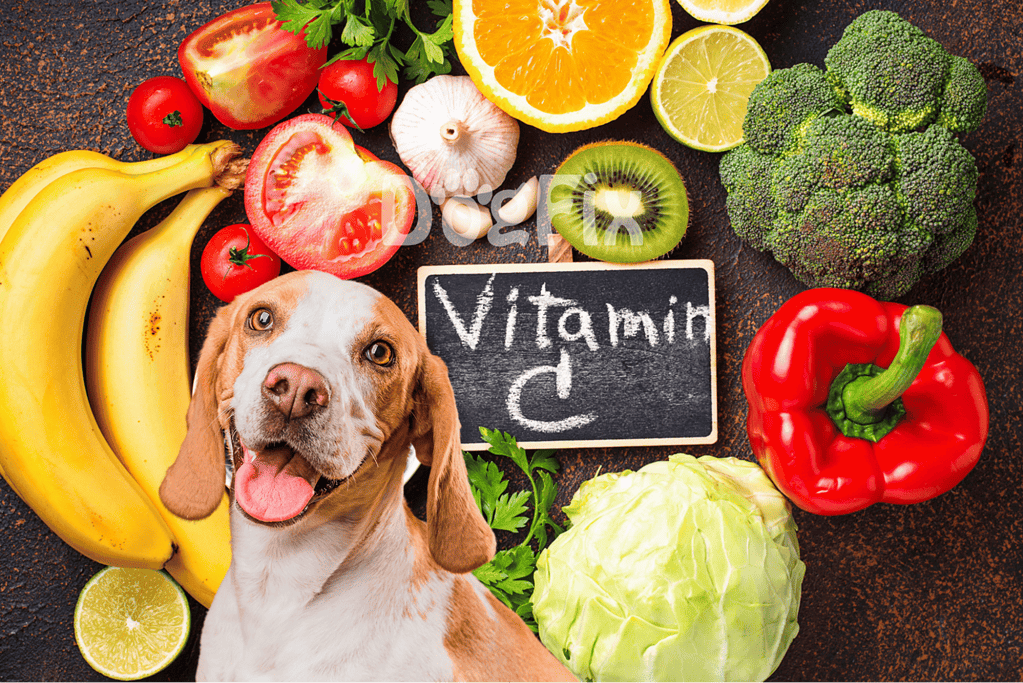
Vitamins A, B, and E are hanging out in smaller amounts, but they’re still busting some powerful moves for your dog’s health.
Fiber
Oranges have got a serious fiber game going on. Think of fiber as that friend who always has your back—in this case, your digestive system’s back.
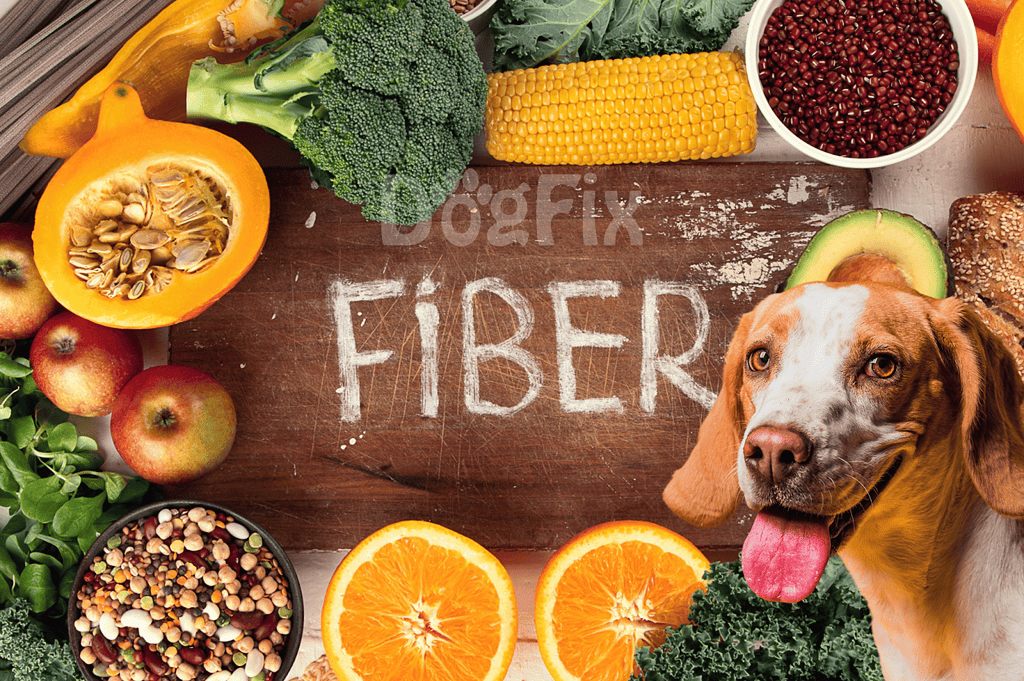
They help keep things moving smoothly for your furball and help keep blood sugar levels in check. One medium-sized orange typically contains around 3 grams of fiber.
Calorie Content
If you or your favorite furball are watching the waistline, oranges are your go-to snack. A medium-sized orange contains approximately 60 to 80 calories, primarily from natural sugars and a small amount of protein.

The low caloric content, coupled with their nutrient-dense profile, makes oranges a healthy addition to a balanced diet.
Sugar
Not all sugars are born equal, and thank goodness for that! Unlike your average candy bar, the sugar in oranges is pretty reasonable—around 12 to 15 grams in a medium-sized orange, to be exact.

This means it gives pooch a pick-me-up without sending blood sugar levels soaring. Plus, that fiber we mentioned earlier? It helps keep sugar absorption in check, so you get a slow burn, not a sugar spark.
In a nutshell, oranges are rockstars regarding nutrients—both for you and Fido! So keep the oranges rolling – but remember, limit the portions for your four-legged friend.
Orange Treats and What to Look Out For
Thinking of offering your tangy orange to your fluffy buddy?

Hold up! While oranges aren’t toxic to dogs, there are details to keep in mind. Sharing’s great, but we’ve gotta do it the right way.
The Sugar Rush and its Fallouts
While you might like that sweet citrus burst, remember that oranges are high in sugar and citric acid. If your doggo runs a marathon on these, they might be dealing with health issues. Think obesity, dental problems, or even diabetes. Not fun!

And that’s not all. That high acid content might mess up their tummies, leading to unwanted surprises like vomiting or diarrhea – not the best way to end a treat-sharing session!
Watch Out for the Choking
If you think feeding whole oranges to your dogs, especially the pint-sized ones like Pomeranians, is a fun game, think again. It’s a big no-no!

Whole oranges can mean serious choking hazards or even blockages in their digestive systems. You wouldn’t want an emergency vet visit just because you left the stem, peel, or seeds in there, right?
Beware the Peel and Seed
Speaking of peels and seeds, they bring along oils that might upset your dog’s stomach. And the sneaky sodium in the peel could stealthily raise your pup’s blood pressure, a potential problem if they have heart issues.

And don’t forget about those tiny seeds – they’re a choking hazard for Rover!

The safest way to share an orange with your dog is to ensure it’s in moderation, seedless, peel-free, and sliced into manageable pieces.
Enjoying this read?
We publish this content for free to generate interest in our Premium members' area. By subscribing, you can ask the writer any questions related to pet care and this article, get access to 100+ Premium Pet Care Guides and go Ad-Free with DogFix Premium for $2.99.
Who Wants More Than Just Oranges?

Hey, we’ve all seen it, that look in your dog’s eyes when you’re peeling an orange. But is that the only fruit your pup can safely munch on?
Good news! Nope! Just like hitting a buffet, there’s a world of fruit options out there to color your pet’s menu healthily.
Apple
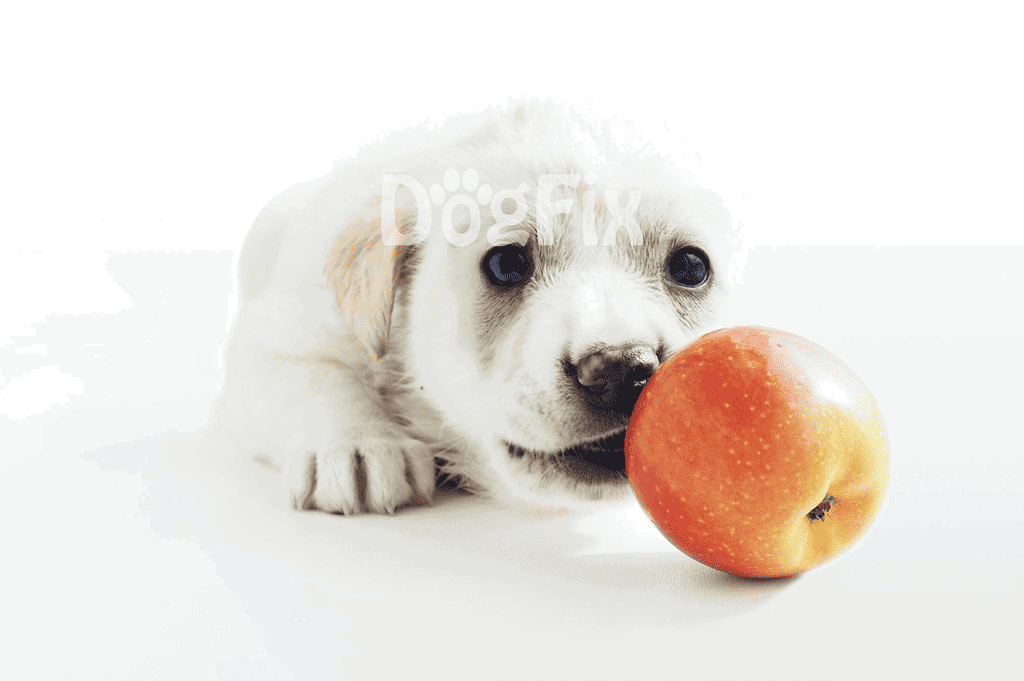
Apples are like the superfood your dog never knew they needed. They’re a nutritional powerhouse, armed with vitamins A and C, fiber, potassium, and antioxidants. High-five to apples!
Banana
Dogs may consume bananas as an occasional treat. These fruits are rich in potassium, magnesium, and vitamins, making them a healthy snack option for your canine friends.

However, bananas should not replace a dog’s regular diet, nor should they be eaten in large amounts. High sugar content and possible digestive issues necessitate that they be fed sparingly.
Blueberry

Blueberries are a megahit—they’re loaded with antioxidants and are ideal for our canine companions in small amounts.
Strawberry
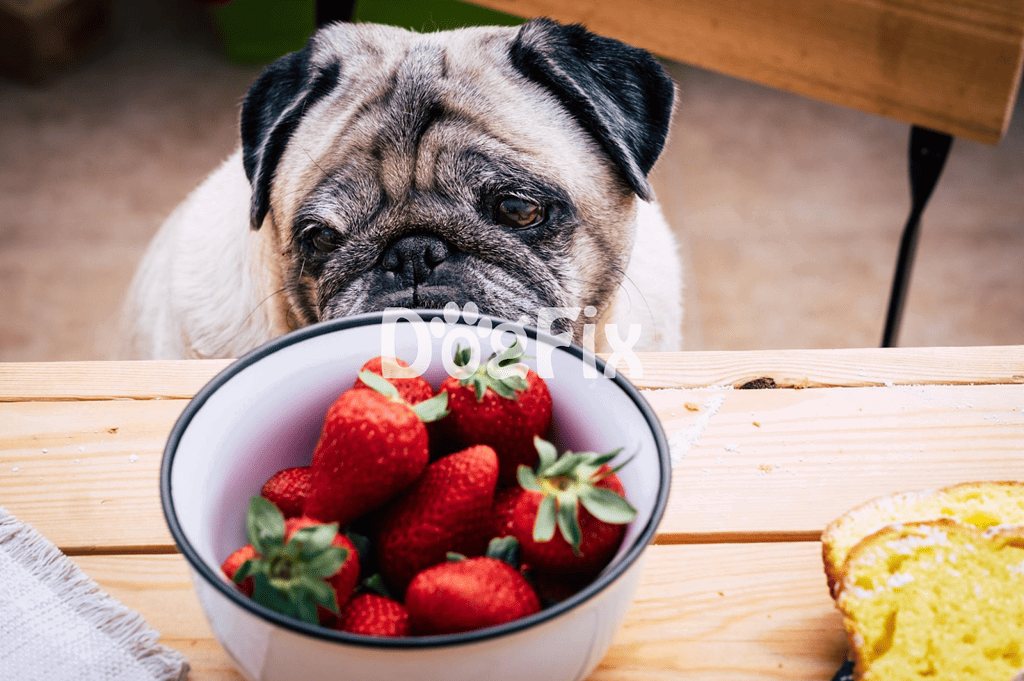
The juicy delight that is strawberries can be a canine pleaser, too. They’re low in calories and packed with fiber and vitamin C.
Watermelon

Throwing a doggy pool party? Don’t forget the watermelon. It’s hydrating, tasty, and carries a good dose of vitamins A, B6, and C, along with potassium.
Peach

Can dogs eat peaches? Yup, in moderation, and without the pits. They’re filled with vitamin A and fiber.
Pear

Pears, once you’ve gotten rid of the seeds, can serve as vitamins and fiber boosters for dogs. Plus, antioxidants? Check.
Pineapples
Pineapple, when given in small portions, can help with digestion, thanks to the bromelain enzyme it contains. Who knew, right?
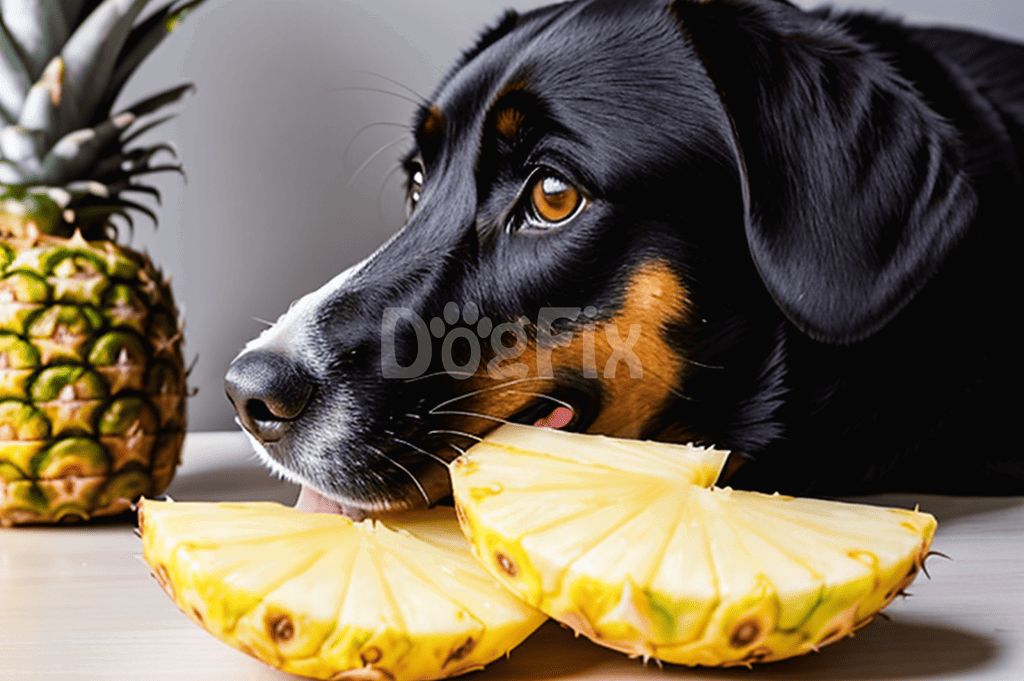
Now remember, folks, no lazy shortcuts! Get rid of all seeds and pits. And avoid the “fruit villains” for dogs, like grapes, raisins, avocados, and unripe tomatoes, even if Rover gives you those eyes!
Orange Overdose? Know When to Call the Vet!
So we know oranges can be a tasty treat for dogs, but we also know pups can be overly eager. If your furry buddy snaps up more than a couple of citrus slices, stay cool, yet vigilant.

While oranges aren’t toxic for dogs, too much could be an issue. If your dog’s had a citrus feast, watch for tiredness, stomach upset, or frequent bathroom visits.
For overweight or diabetic dogs, oranges’ natural sugar could misbehave.
Spot any worrisome signs? No need for panic – just call the vet. It can be comforting to have expert advice.
Barking Right Up the FAQs: Your Top Orange Questions Answered!

Alright, so we’ve delved into the ins, outs, and don’t-you-dares of feeding oranges to your dog. But, let’s be honest, you’ve still got some burning questions in there, don’t you?
No sweat – let’s tackle them!
Is Orange Juice a Doggie’s Dream Drink?

Good question but let’s just say it straight: orange juice ain’t the best plan. Yes, it’s not poisonous to dogs, but it’s like a sugar and acidity volcano ready to burst – we’re likely looking at some severe tummy trouble here, folks. Stick to fresh water instead.
Is it a Good Idea to Feed Orange Peels?
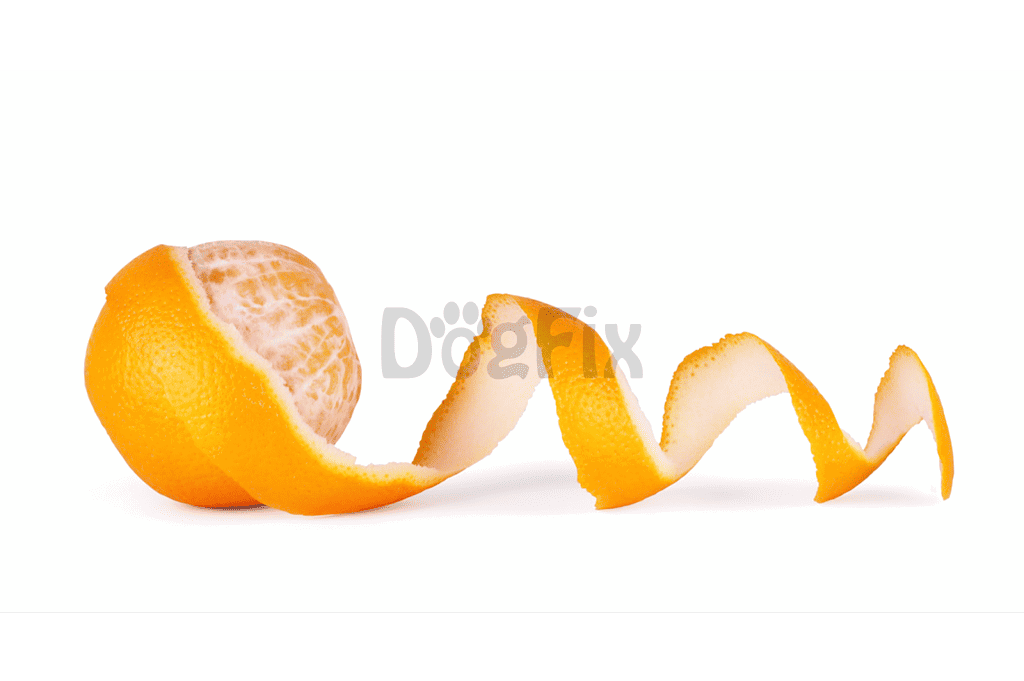
Now, as tempting as it might be to hand over that leftover peel, it’s a big no-no. The peel, pith, and seeds can put a dog’s digestive system into a twist. So keep it simple – the fleshy part of the orange is the only bit for your pup.
How Much Orange is Safe?
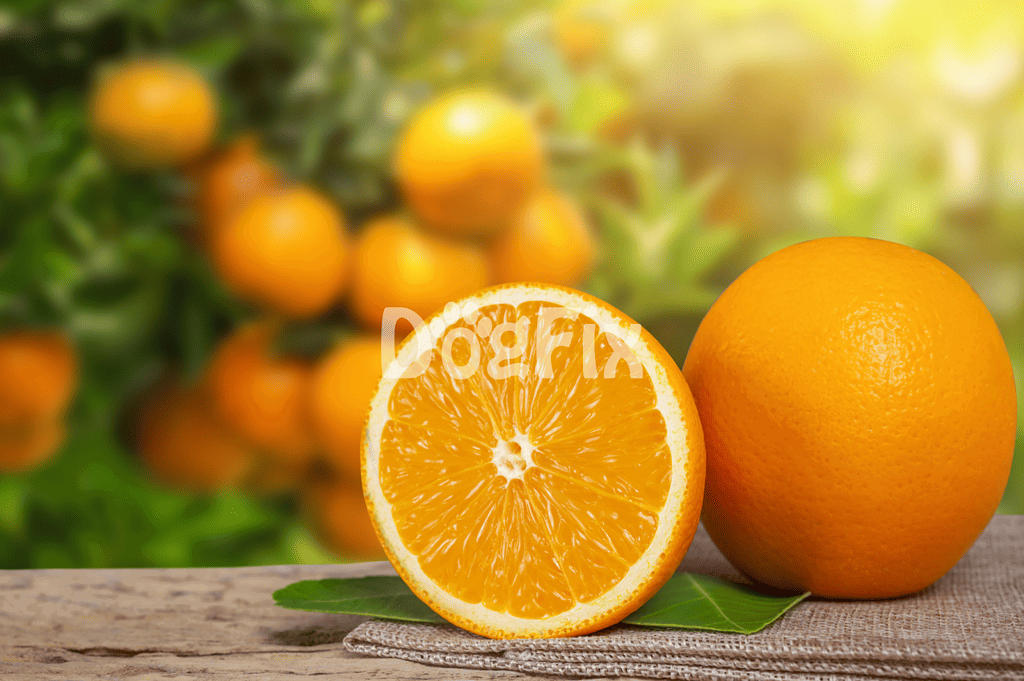
Listen, oranges are suitable as a small treat, but keep those portions in check. The abundant acidity and sugar can turn against your furry buddy if overdone. A few slices from a small, seedless navel orange should hit the sweet spot.
What About Other Fruits?
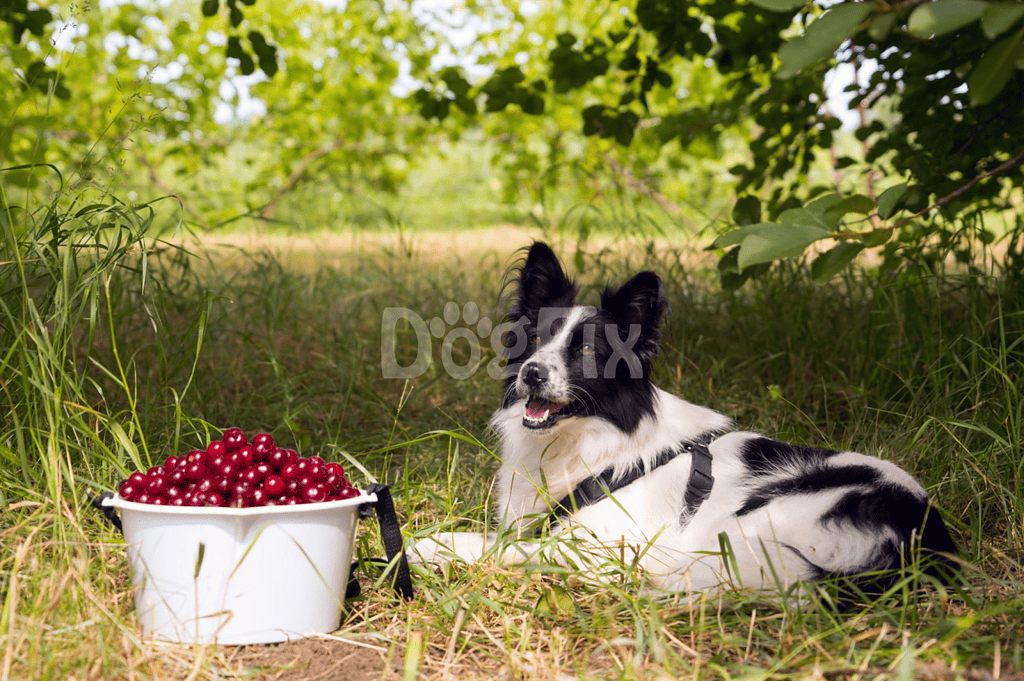
Fruits like berries and mangoes can join your dog’s diet – they’re a great source of vitamins and nutrients. Remove any seeds and pits; they’re known party poopers and potential choking hazards. If serving cherries, ensure you serve only the flesh, and definitely not the stems or stones!
Forbidden Fruits for Rover?
Yes, there’s a dark side to the fruit world for our canine friends. Steer clear of grapes and raisins – they’re toxic and can mess with your dog’s kidneys.

When in doubt, do a quick search, or better yet, ask a vet.
Remember, a well-fed dog is a happy dog – but a safe, well-fed dog? That’s an even happier one! Keep these FAQs in mind and you’re all good to go. Happy snacking to you and your furball!
The Nitty-Gritty: What You Need to Remember
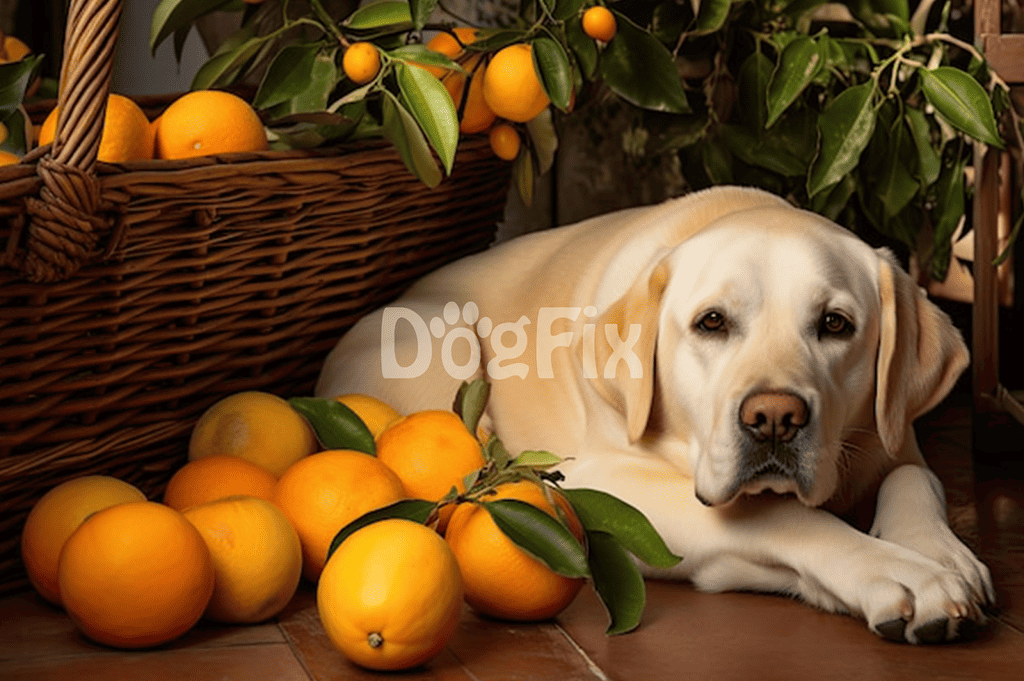
- Orange can be on the menu for your doggo, but remember, it’s more of a mini snack than a main meal. We’re talking small portions here!
- Overdoing it with oranges can harm your dog’s digestive system. And certain health conditions may mean oranges are off-limits for your pup.
- Do yourself a favor and play it safe. Your vet is like your dog’s best eating buddy, so get their thumbs-up before diving into the orange joyride.
